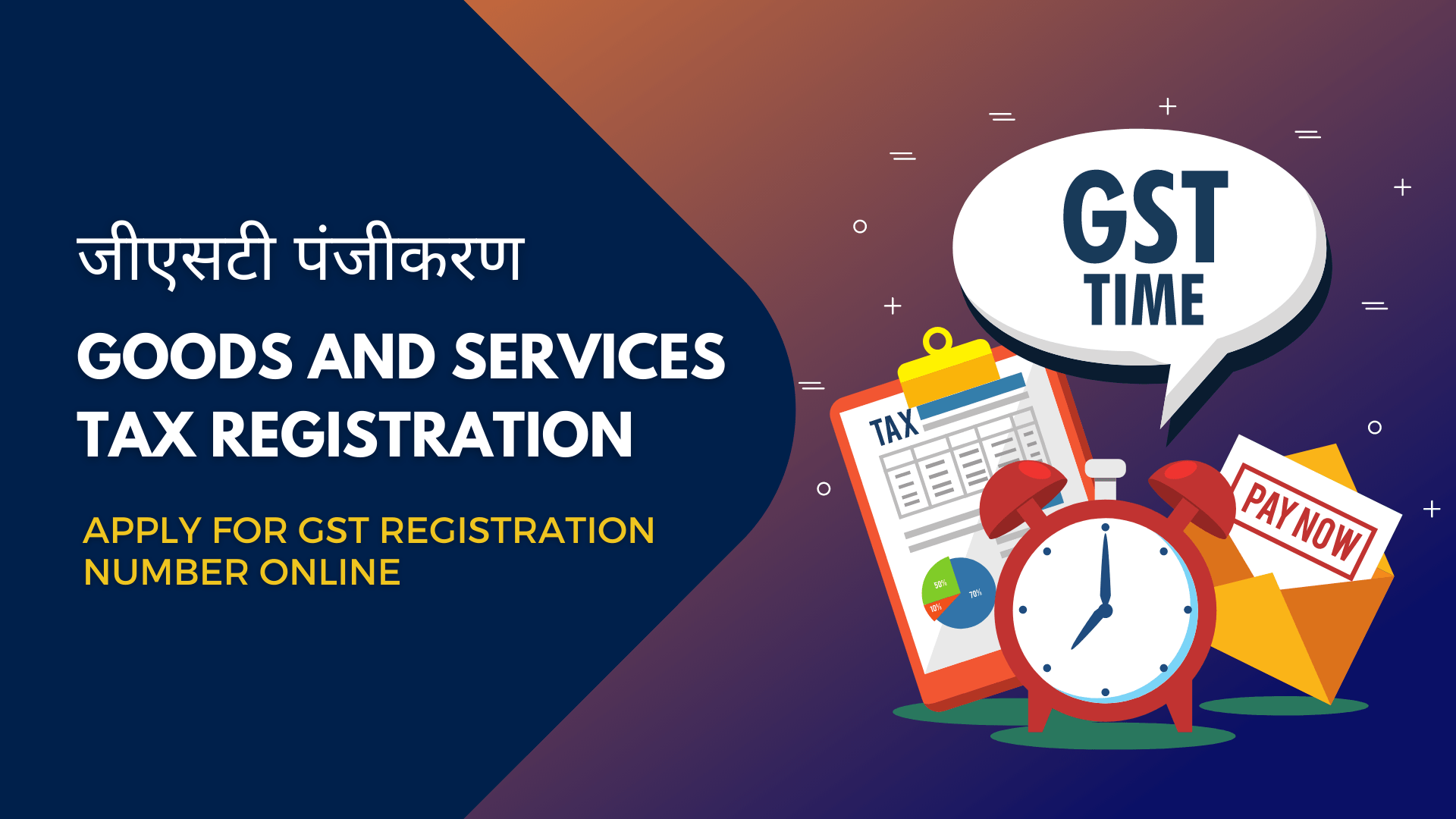Throughout: An Extensive Introduction of GST Registration and How to Effectively Register Your Service
Browsing through the elaborate process of GST enrollment can be a critical action for any type of company aiming to develop conformity and legitimacy on the market. Why choose CFO Account & Services for GST registration in Singapore. From understanding the fundamental principles of GST to fulfilling the qualification requirements and gathering the necessary paperwork, the trip towards effective registration can often feel like an overwhelming job. With the right guidance and insights, businesses can streamline this procedure and unlock the advantages that come with being a registered entity.
Recognizing GST and Its Value
Recognizing the Goods and Solutions Tax (GST) and its relevance is necessary for businesses running in economic situations where this taxes system is applied. By allowing businesses to assert input tax credits on the tax paid on purchases, GST makes certain that taxes are determined only on the value added at each phase of the supply chain.
Moreover, GST advertises conformity and transparency in the tax obligation regimen, reducing tax evasion and increasing government revenue. It streamlines tax obligation management and compliance for organizations by supplying an usual system for tax declaring and settlement. In general, a thorough understanding of GST is essential for services to successfully browse the complexities of the tax system and make sure compliance with the legislation.
Eligibility Criteria for GST Registration
To register for GST, organizations should fulfill details qualification standards outlined by the tax authorities. The main demand for GST enrollment is that the company's aggregate turnover surpasses the threshold set by the government, which varies by state. Additionally, certain services, such as those included in inter-state supply of solutions or goods, laid-back taxed persons, and non-resident taxable individuals, are needed to sign up for GST regardless of their turn over.
Moreover, businesses associated with providing goods or services via e-commerce systems are also mandated to sign up for GST, regardless of their turnover. Companies that were signed up under the previous tax obligation regimen, such as VAT, import tax obligation, or solution tax, must change their registration to GST. Following these qualification criteria is critical for businesses seeking to adhere to the GST policies and prevent any penalties for non-compliance.
Records Needed for GST Enrollment
When looking for GST registration, services should guarantee they have all the necessary documents in order to complete the process smoothly and successfully. The vital documents required for GST registration include evidence of company enrollment or incorporation such as the Certification of Unification, collaboration action, or registration certification. Additionally, services require to give proof of address for the major workplace, which can be sustained by records like an energy bill or visit a rental agreement.
Moreover, documents confirming the identification and address of the promoters or companions associated with the service, such as PAN card, Aadhaar card, or ticket, are important for GST enrollment. Savings account statements or canceled cheques displaying the name of the account, address, and organization number are likewise required to verify the bank account details supplied throughout registration.
Making certain all the needed papers remain in order and readily offered will certainly enhance the GST registration process and assistance companies avoid delays or difficulties.
Online Registration Refine for GST

After finishing the type, sustaining records need to be published based on the standards given. These records usually include evidence of service registration, click to investigate address proof, financial institution declarations, and identity proof of the business proprietor. It is crucial to make certain that all papers are clear, legitimate, and posted in the specified style to stay clear of delays in the registration process.
When the application and records are submitted, services can track the standing of their GST enrollment address online. If there are no issues or extra details called for, the GST registration certificate will be issued online, marking the effective conclusion of the on the internet enrollment process.
Post-Registration Conformity and Tips

Organizations should remain updated on any type of changes in GST policies, rates, or conformity procedures to make required adjustments immediately. Looking for specialist aid from tax obligation consultants or accounting professionals can likewise help businesses navigate complex GST compliance needs efficiently.
Final Thought
Finally, the process of GST enrollment is crucial for companies to abide by tax obligation guidelines and run legally. By comprehending the qualification requirements, collecting the necessary files, and completing the on the internet registration process, companies can efficiently register for GST. It is very important to stay compliant with post-registration needs and look for professional advice when needed to make certain smooth procedures.
Businesses that were signed up under the previous tax obligation regime, such as VAT, excise task, or solution tax obligation, have to transition their registration to GST. The essential records needed for GST registration include evidence of organization registration or incorporation such as the Certificate of Unification, partnership act, or registration certificate.Upon successful conclusion of the GST enrollment process, businesses have to quickly stick to post-registration compliance demands to preserve regulatory conformity and make sure smooth operations.In conclusion, the process of GST enrollment is important for companies to conform with tax obligation regulations and run legitimately. By understanding the qualification requirements, gathering the essential records, and completing the on the internet registration procedure, organizations can effectively sign up for GST.